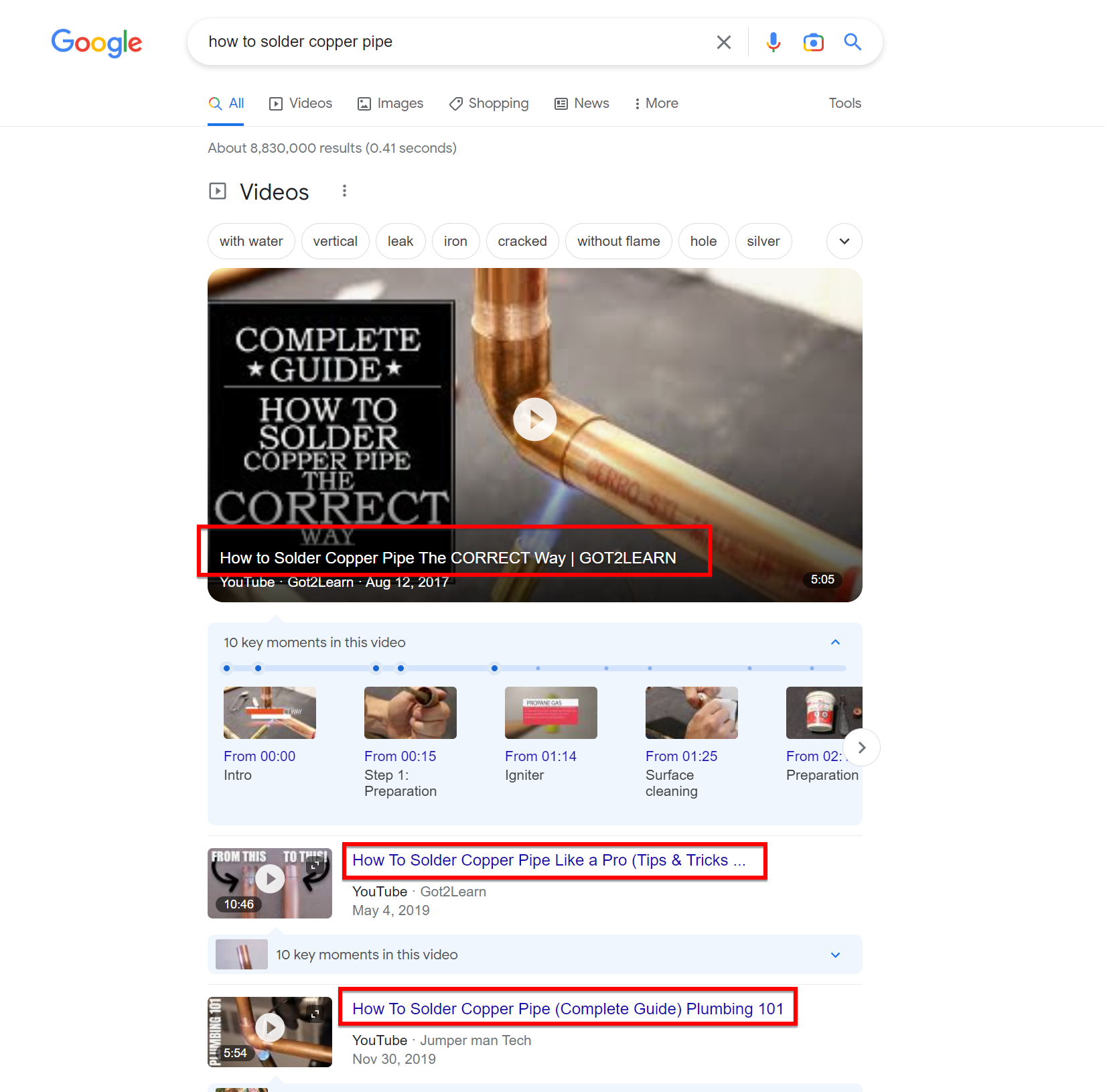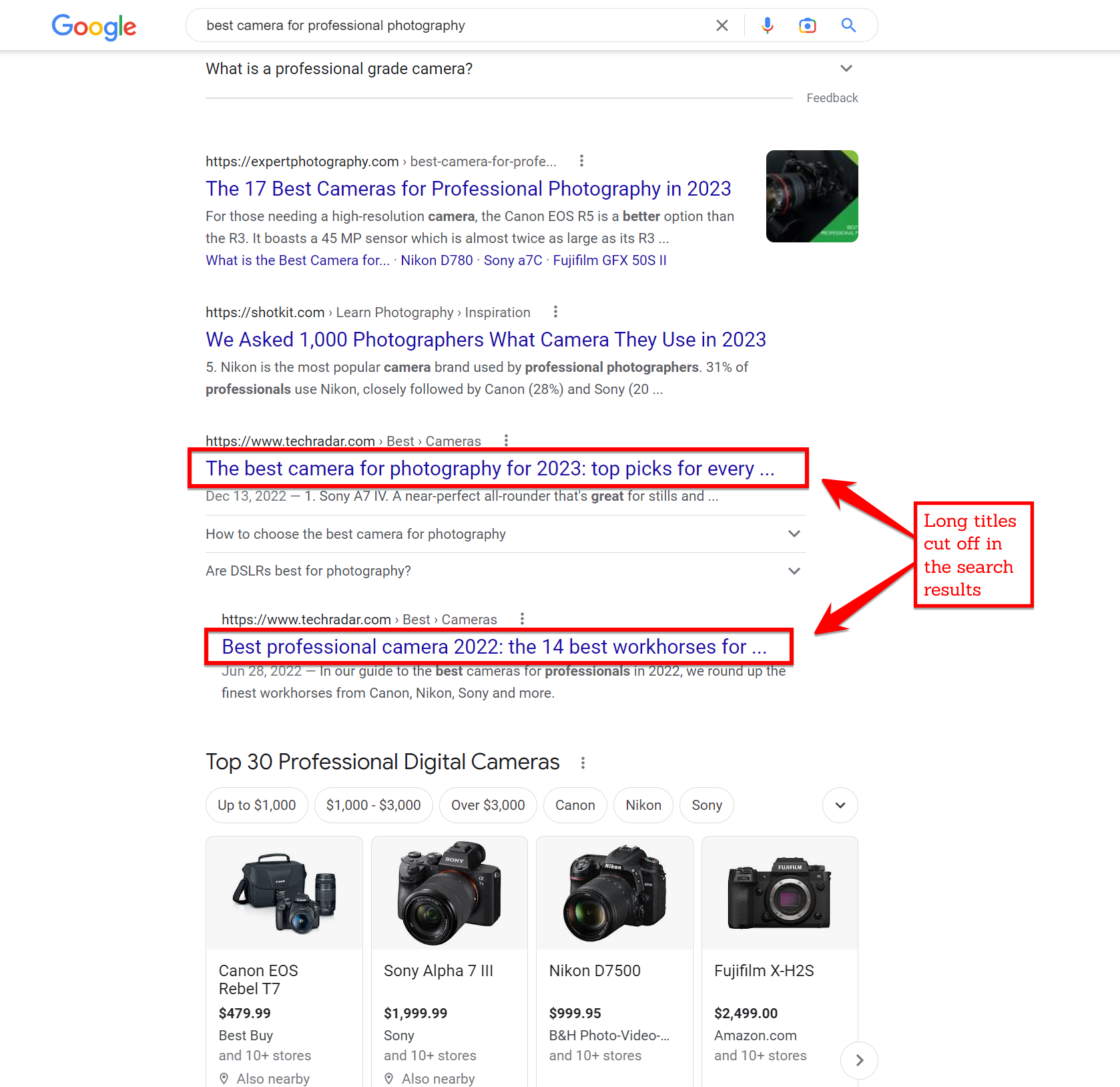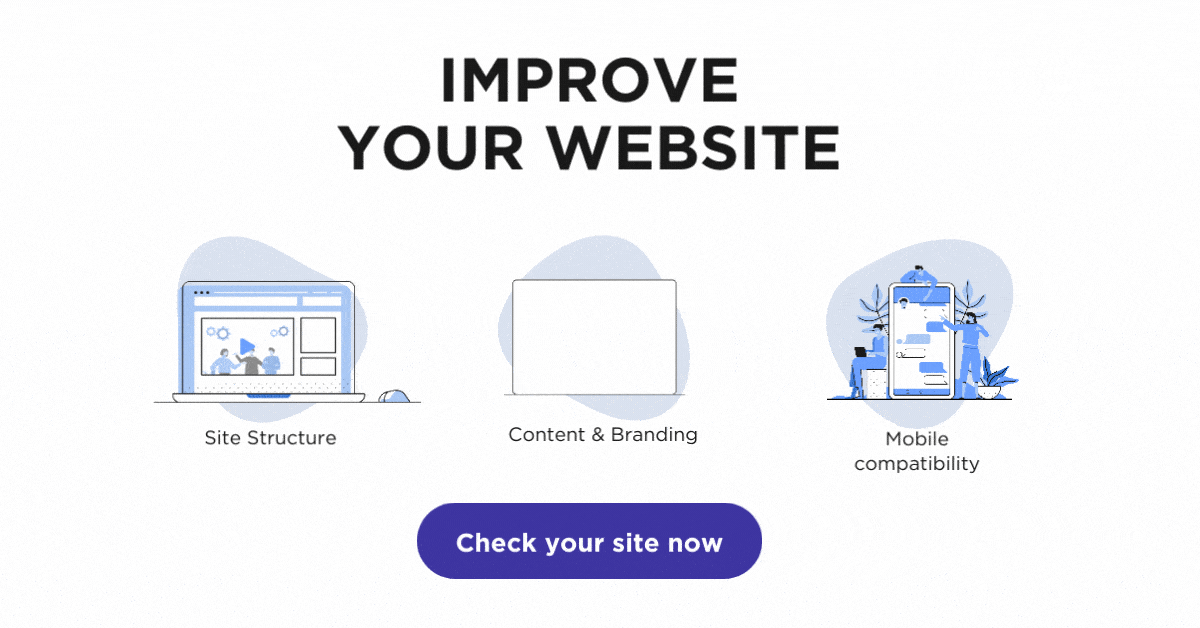How To Write a Good Title That Intrigues Your Audience: 6 Tips
Whether you are writing a book, song, poem, or blog post to go to your website, one of the most important considerations is how to make a good title for your work. Your readers will form their first impressions of your work based on your title.
Although a title is the first thing someone sees on your book, webpage, or song, it’s usually created towards the end of a project. The reason title creation falls toward the end of a timeline is that a writer doesn’t always know what the story is about until it is near completion. Some of the best writers believe that the story actually directs the writer on where to go next.
When writing titles for your masterpiece, getting started can be the hardest part. We’ve put together some techniques to help you craft the perfect title.

You’ve spent time on your work, and you want it to shine. Trying to come up with the perfect title can feel like an insurmountable task. Even the best creators develop a sense of writer’s block when creating a title for their work. That’s why we suggest going back to the basics with these tried and true tips.
6 tips for creating a title that sticks
1. Identify major themes of your content to get title ideas
The first place to look for a title can be within your work. One of the major roles a title plays is giving the reader a glimpse into what your book, movie, or webpage is all about.
So a logical starting point is identifying the major themes throughout your writing to look for a connection.
You should pay particular attention to thesis statements and topic sentences since these excerpts depict the major subject of your writing.
2. Write your title for your audience
Another item to consider when creating your title should be your audience.
Depending on whom you are looking to target, your style and tone could change greatly.
For instance, if you were targeting professionals, you would want to maintain a formal tone and title whereas if you were looking to simply draw people in you might use a list as a title.
On the internet, title creation is more important now than ever, simply because of the sheer amount of it vying for our attention.
To create an effective title online, you should not only determine who your audience is but also, you should take it a step further to identify how your audience looks for information.
For instance, if you wrote a how-to article, your title could include phrases like “beginner, do-it-yourself, or tutorial” to alert readers to the tone of your content.

Considering who your writing is for and the language that they use to find your content is key to creating a title that people will gravitate towards.
3. Research how your competition writes titles
If looking inward didn’t yield many results, you should also research how other people have titled similar works.
This strategy is especially helpful when writing in a genre that expects certain titles. For instance, you might not want to title your sci-fi thriller “Trouble Out West” because it sounds more like a western.
The easiest way to research how other people have titled similar works is a simple Google search. You’ll gain plenty of knowledge on the different ways to write titles by just searching.
Crafting a title can take just as much revision as the work itself did.
That’s why it is important to brainstorm a list of potential titles. It’s likely that your first attempt at naming your work won’t stick, but you’re not alone. Some of the greatest titles didn’t get it right the first time.
For instance, F. Scott Fitzgerald’s hit, The Great Gatsby, was almost named “Among the Ash Heaps and Millionaires”.
Coming up with your inspiration is only half the battle when it comes to creating a great title. Execution is the difference between a good title and a great title. Thankfully, you can learn from others’ mistakes and avoid common pitfalls.
4. Keep your title brief
Leave the verbiage in the body of your content. Your title should be short and to the point.
Short titles display properly across most advertising channels, including URLs, tweets, and headlines.
The last thing you would want is for your title not to make it onto the page fully.

A general rule of thumb is to keep your title to five words or fewer. If needed, you can add a subtitle to provide more context.
Like everything in the world, there are pitfalls that really short titles face. If you choose a one-word title or very common phrase, you run the risk of your work being buried under other listings. For instance, if someone would search for your title in Google, would they be able to find your work easily? In some scenarios, you could use search engine optimization or SEO to improve your rankings, but you may want to avoid this issue altogether.
5. Write easy-to-remember titles
When thinking of ways to write titles, you also need to be cognizant of how easy your title is to say.
A title that is difficult to pronounce could hinder your work from being recommended by other people.
Because word of mouth is still a major form of publicity, you’ll want to make sure that people are saying your title right.
6. Consider how your title will come across on the internet
When creating a title — even if your creation is a book or movie — it is likely that your work will be on the internet in some shape or form.
This truth means that you should consider how your name will read on the internet because certain things don’t translate well.

One of the biggest culprits is punctuation. Because URLs won’t allow for all punctuation, you will want to consider how your title would read without it.
Thinking about this ahead of time could save you some future headaches.
Ready to start writing titles that kick butt?
Now you know how to make a good title that gets peoples’ attention and avoids common pitfalls. You’re ready to give your work a name!
P.S. Are you creating titles for webpages? If so, help them get seen by more people with SEO. Just enter your website for a free SEO audit, and take the next step toward elevating your site.
Google Maps SEO: 10 Tips to Rank Higher on Google Maps
What is Google Maps SEO? Google Maps SEO (search engine optimization) is the process of making your business visible on Google Maps when users search for related keywords to your business. As an internet user, you have likely done a Google search to find a local store selling the product you’re looking for near you. […]
Read moreHow To Check Google Ranking?
Learning how to check Google ranking lets you know how much exposure your website receives for specific keywords. Checking your website’s Google ranking may help you identify areas of strengths and weaknesses you can improve on to rank higher on the SERPs and boost your return on investment (ROI). Read on for more information about […]
Read moreWhat Is Google EEAT and How To Optimize Your Site?
Over the years, digital marketers have determined the key elements that produce a high-ranking webpage. But little is known about the Google algorithm that puts webpages at the top of the SERP. However, Google has provided helpful guidelines to ensure quality pages match user intent. Explore what Google EEAT is and what you can do […]
Read moreHow To Add Google Analytics to WordPress?
Google Analytics is one of the most efficient web analytics tools offered by Google for businesses and individuals who want statistics on a specific website’s performance. Further to this, it provides you as the site owner with data on visitor insights such as how they access the site, the channels they use, top keywords used to […]
Read more
